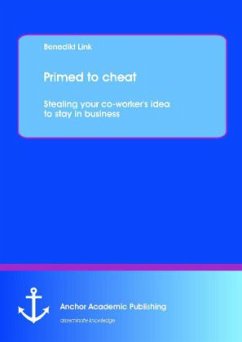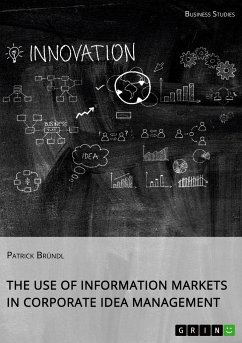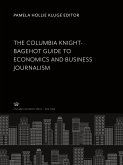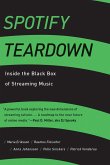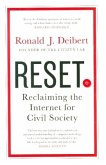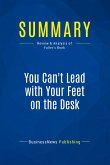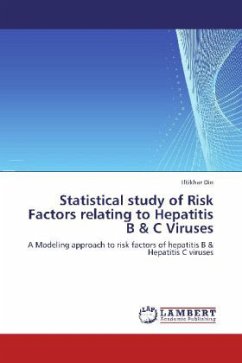With increasing importance of knowledge, ideas more and more pose a competitive advantage for workers who have ideas over those who dont. Based on your ideas you can either excel in your career, increase your annual bonus or lose your job if you do not have any. Being caught up in a competitive struggle with your colleagues you do things you would not normally do like stealing a co-worker's idea to use it to your own means. This book aims to provide you with further insights into the pressures on today's knowledge worker in an up-or-out working environment. Those insights are based on a study performed at the London School of Economics & Political Science: In a laboratory experiment, participants were first subliminally primed to feel either more competitive or cooperative. They were then asked to make decisions in a hypothetical scenario in which they could steal and take credit for a co-worker's idea to improve their own position. The results reveal some interesting perspectives about how people tend to value intellectual property and how little the barriers are to deceive your dear colleagues.
Bitte wählen Sie Ihr Anliegen aus.
Rechnungen
Retourenschein anfordern
Bestellstatus
Storno

